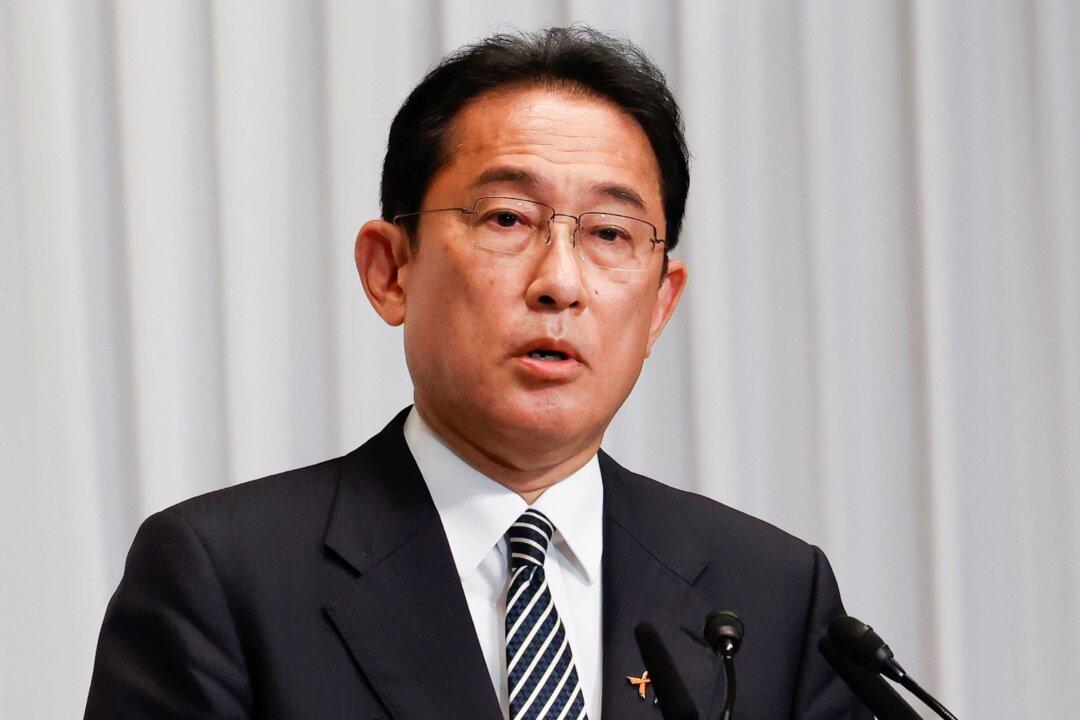Japanese Prime Minister Fumio Kishida has ruled out the option of a nuclear sharing arrangement with the United States as a deterrence strategy, local media reported on Monday, despite security concerns amid the Russia–Ukraine crisis.
“It is unacceptable given our country’s stance of maintaining the three non-nuclear principles,” Kishida said in Parliament, Kyodo News reported.





